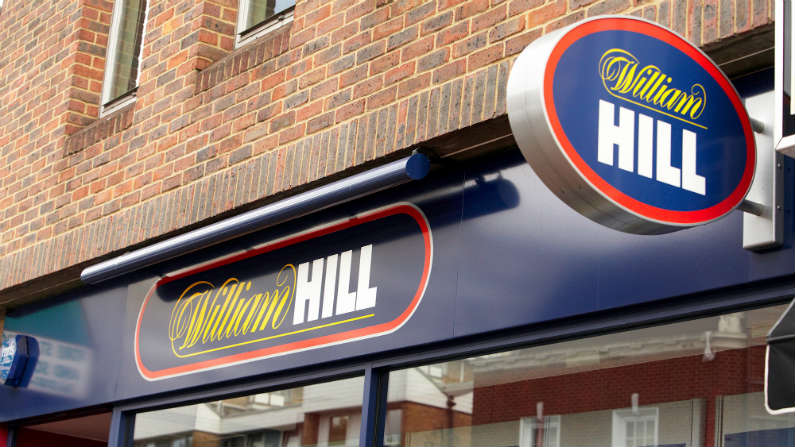UK bookmaker William Hill has spoken out about potentially lower full-year profits as worries over fixed odds betting terminals (FOBTs) continue to grow.
The chairman of the All-Party Parliamentary Group on betting and gaming, Philip Davis, let slip on BBC Radio 5 Live that the Gambling Commission didn’t want a maximum £2 betting stake. Instead, Davis said it would have preferred a £30 maximum.
At the time, the commission said its advice of a limit “at or below £30” was “based on the best available evidence and is focused on reducing the risk of harm to consumers”.
William Hill has now confirmed the closure of a number of customer accounts to combat problem gambling. Money laundering has also hit its figures hard, as well as the government’s clampdown on FOBTs.
New, stringent background checks and affordability scores have seen customers switching off and moving to other online betting firms. The delay on implementing the £2 FOBT betting limit is causing chaos not just on the high street, but in politics as well as part of the government’s tough new regulation.
William Hill was fined £6.2m by the Gambling Commission in February for failing to combat money laundering in the two years to August 2016.
Profits
While the global bookmaker is still set to earn between £225m and £245m, it’s down on analysts’ estimates of £242.6m and well below the £291.3m the group made last year.
Although FOBTs will play a large part in that, in its trading update William Hill also blamed a tax increase and tough conditions on the high street, while also launching into a new market – the US.
Launching across the pond
In its statement, William Hill said online profits this year would be £20m lower than previously thought, and £25m down next year, as remote gaming duty increases in parts from 15% to 21%.
The company is the only one to gain licenses in all five states that offer regulated sports betting – Nevada, Delaware, New Jersey, Mississippi and West Virginia – and had stated all along that its goal was to be in all of them.
There was some good news in that the company had benefited from the later stages of the World Cup, but it had a bad October with the football after a dismal summer where bets on horse-racing were down over a period of three weeks.
More shop closures
It’s bad news on the high street too, as William Hill continues with its plans to close up to 900 betting shops that have become unprofitable since the FOBTS announcement. That means a loss of nearly two-fifths of its total amount of high street shops.
This decision is having an impact on its final forecasts as the bookmaker took a £915m accounting charge in the first six months of the year, pushing it into a first-half loss of £820m.
After the announcement William Hill shares fell by 8% in early trading, and later traded down 3.4% at 206.4p.




